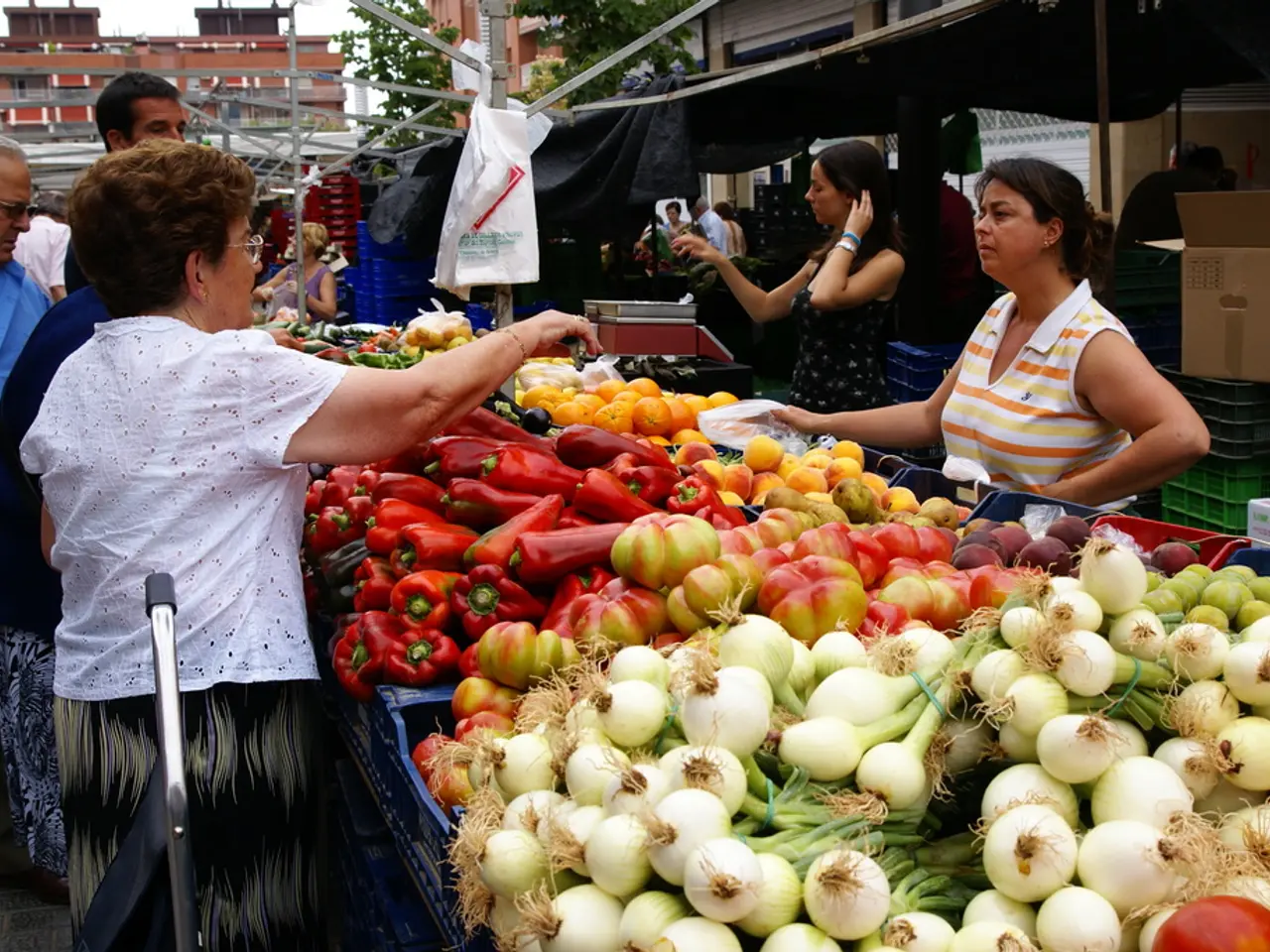Disappointment from European plastic producers over the collapse of negotiations on a plastic accord agreement - Plastic manufacturers in Europe express disappointment over the collapsed talks regarding plastic accords
The second part of the fifth session of the Intergovernmental Negotiating Committee on plastic pollution (INC-5.2) concluded in Geneva on August 14, 2025, without reaching an agreement. Representatives from 183 countries, including the EU, Saudi Arabia, Kuwait, Russia, and Latin America, participated in the negotiations [2][3][5].
The core disagreements revolve around whether the treaty should impose caps on new plastic production or focus instead on waste management, reuse, and improved design [2]. The EU, through the High Ambition Coalition, is actively pushing for an ambitious treaty to end plastic pollution by 2040, emphasizing effective global policies that benefit people and planet [1].
However, some countries, notably referred to as “imperialistic petrostates,” have blocked progress, resulting in the current stalemate [4]. These nations include Saudi Arabia, Kuwait, and Russia, among others. Latin American countries, along with Small Island Developing States, African nations, and many Asian states, have pushed for high ambition in the treaty text [4].
Despite the lack of agreement, there is a renewed call for leadership and multilateral commitment to overcome these obstacles and deliver a treaty fit to combat the plastic crisis [4]. The UNEP-led process continues, with an agreement to prolong discussions to finalize a legally binding treaty addressing the full lifecycle of plastics—from design to disposal [3].
Moving forward, negotiations will resume in a future session (dates and location not yet announced) [2][3][5]. It is estimated that by 2060, plastic production could triple [6]. Currently, less than ten percent of plastic waste is recycled, and more than 400 million tons of plastic are produced annually [7].
Janssens of Plastic Europe has expressed optimism, stating that they welcome the decision and the political will to continue the talks and create a global consensus with appropriate framework conditions [8]. The German government has also called for further negotiations [9]. Concerns about microplastics, which have been found in the human body, remain a significant issue [10].
The EU's laws on plastic are among the most advanced worldwide [11]. However, with half of the plastic produced for single-use products [12], the fight against plastic pollution is a continuous and challenging process. The outcome of the negotiations and what happens next remains unclear [13].
- The European Union, through the High Ambition Coalition, advocates for a comprehensive competition policy in the plastic industry, aiming to end plastic pollution by 2040 by implementing global policies that consider both human and environmental science aspects, including finance and energy efficiency.
- As the negotiations on plastic pollution continue, it becomes increasingly important to emphasize climate-change mitigation strategies within competition policy, particularly in the context of plastic production and waste management, to combat the anticipated tripling of plastic production by 2060.
- To effectively address the plastic crisis and minimize the impact of microplastics on human health, it is crucial to develop a community policy that encourages industry innovation in environmental science, promoting recycling, reuse, and improved design of plastic products.




